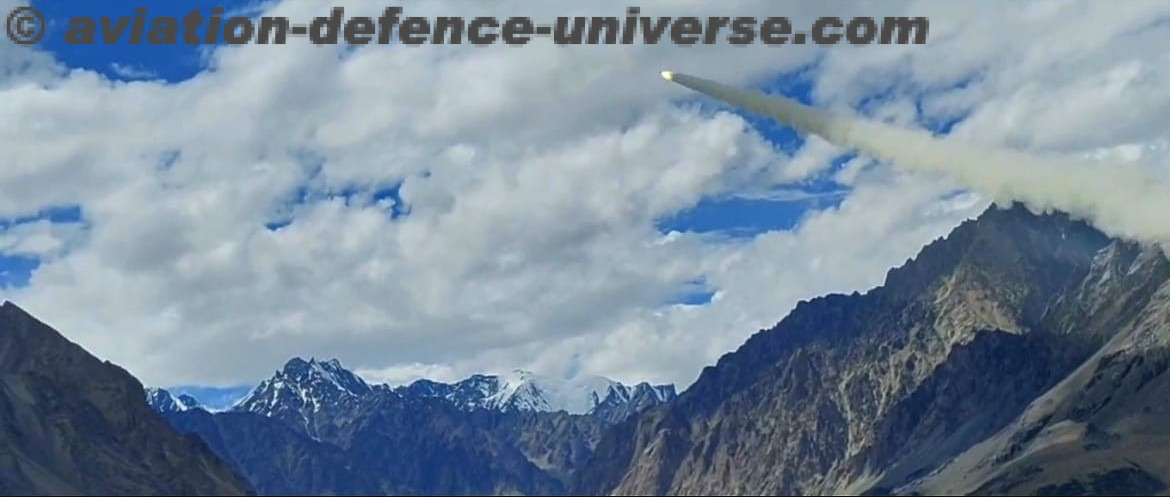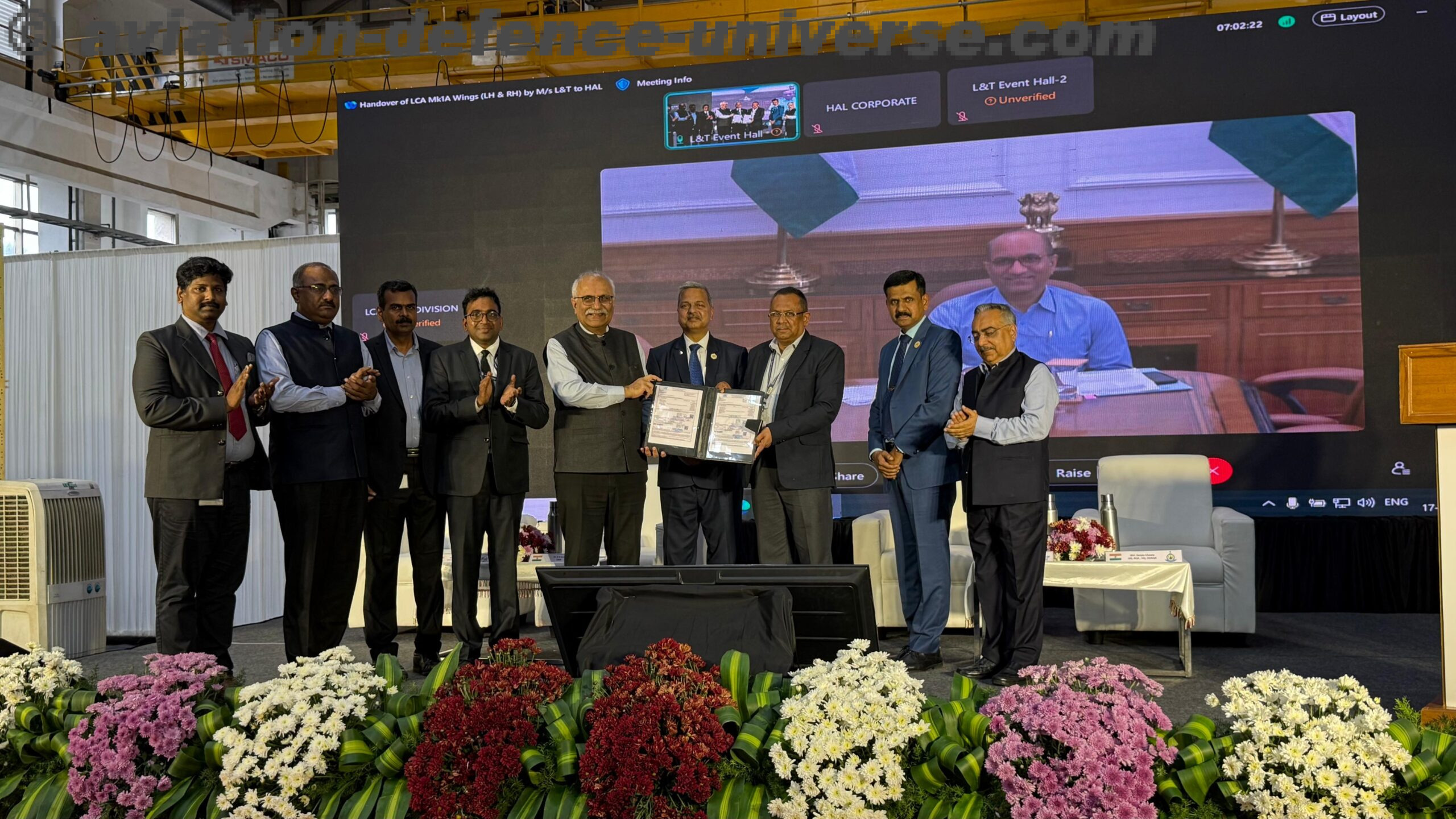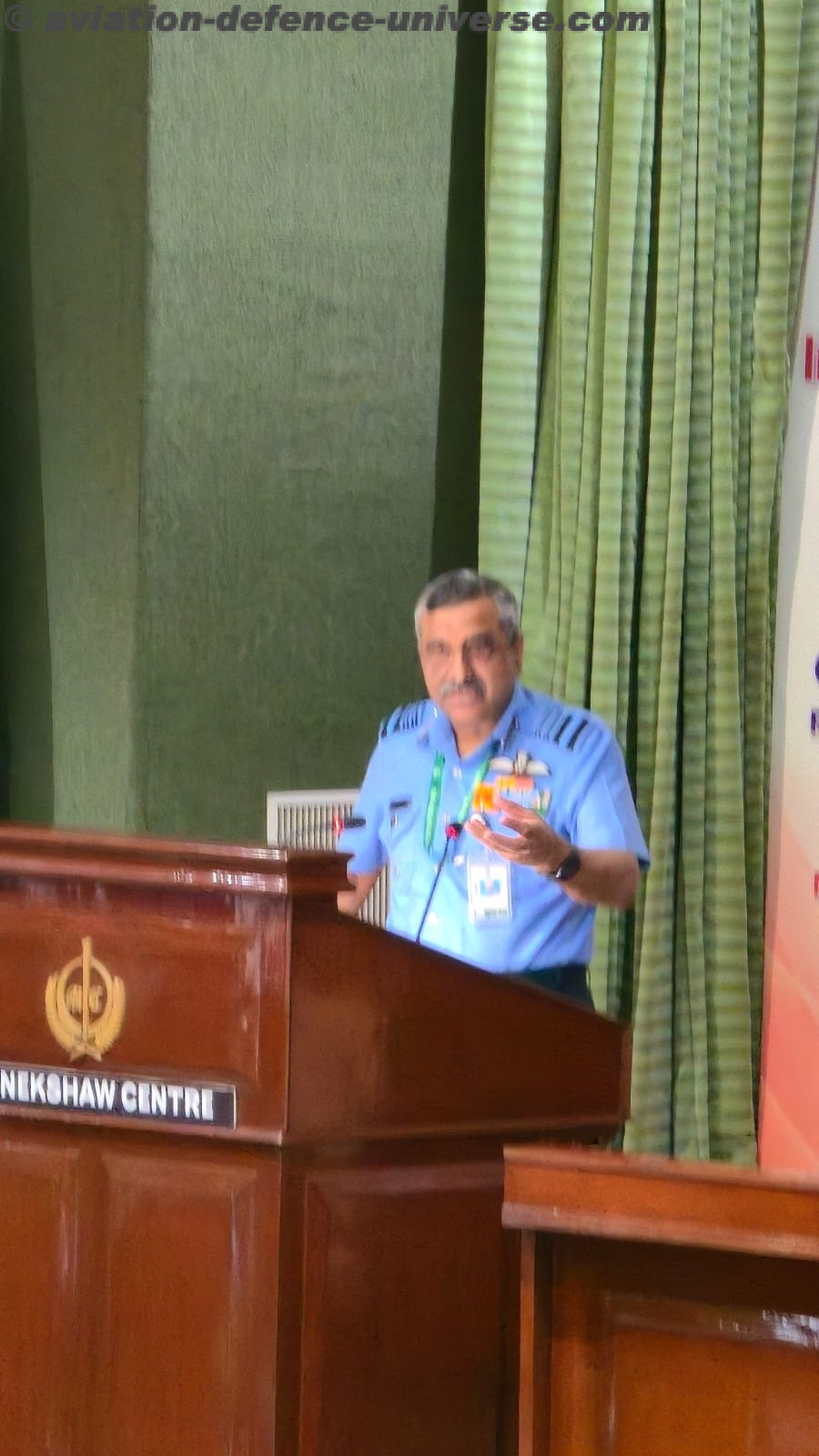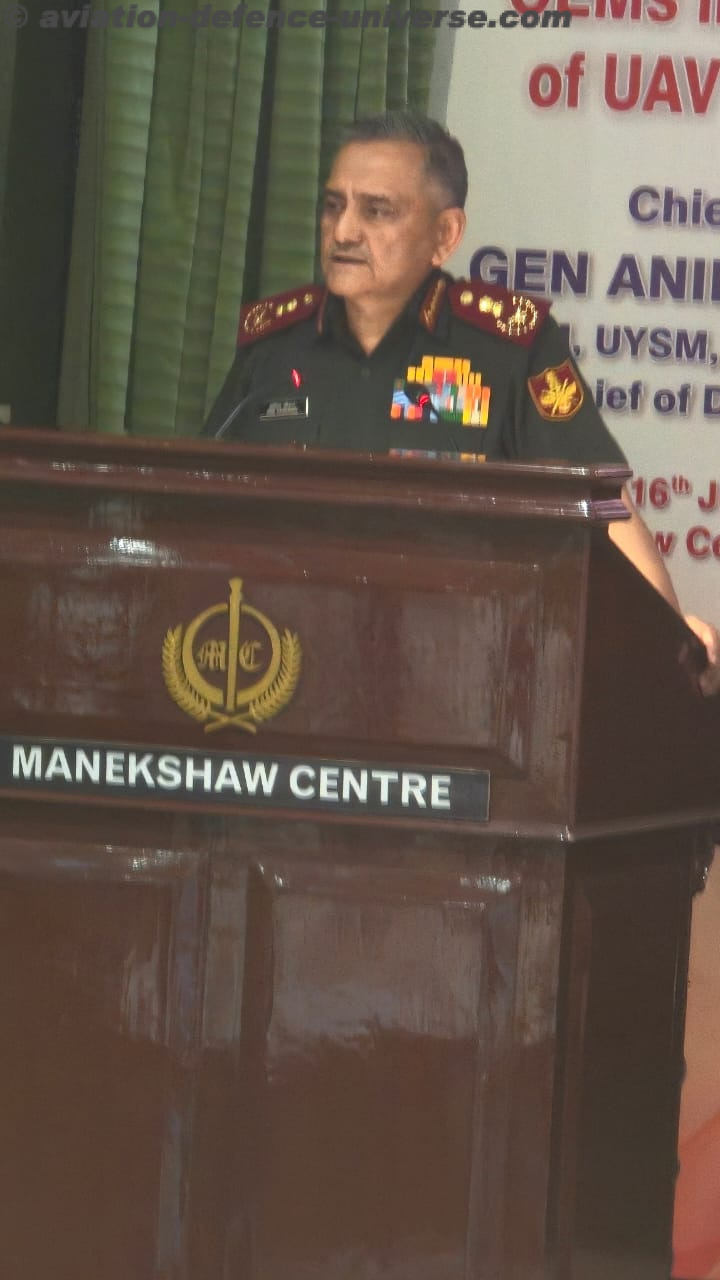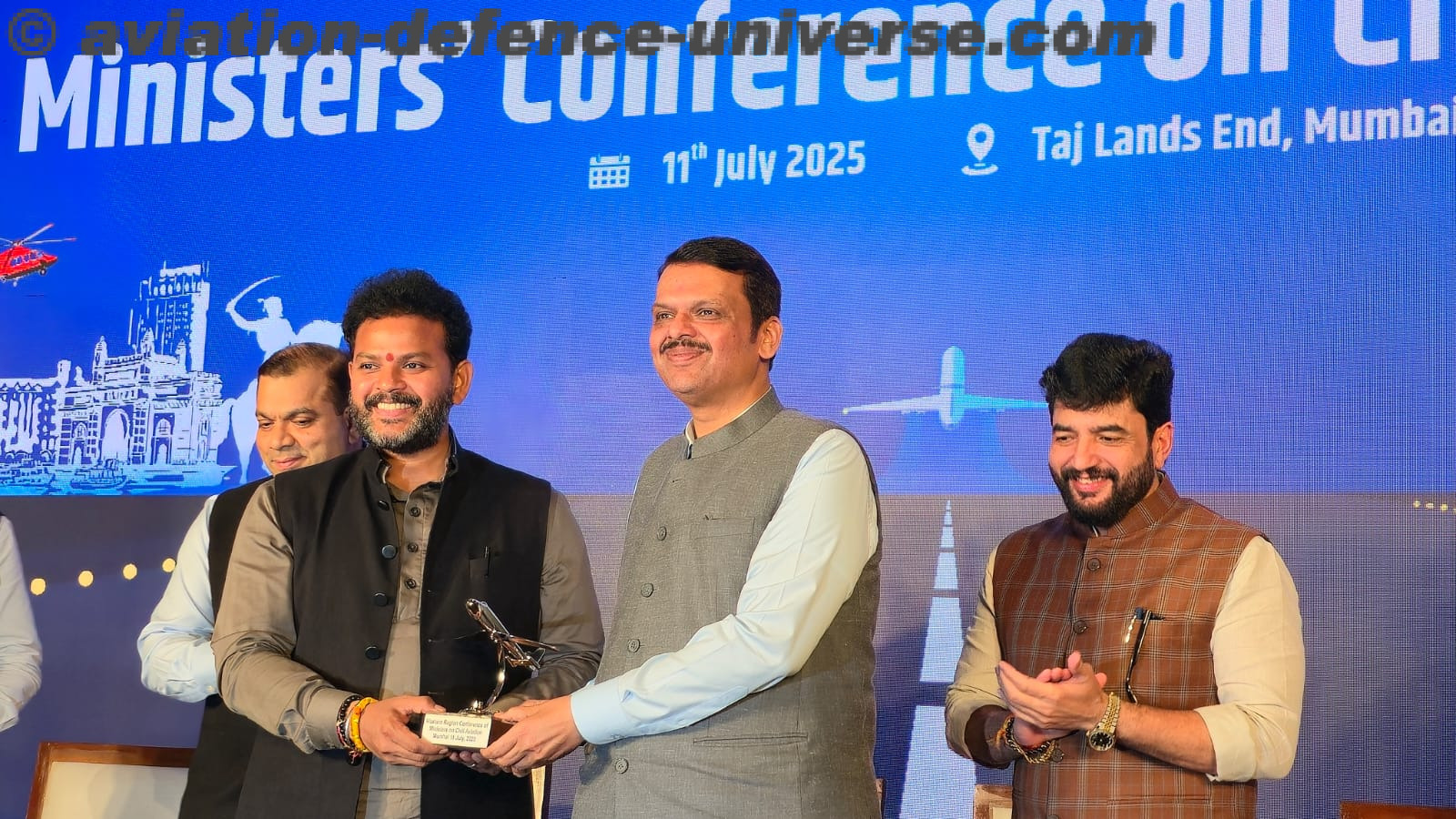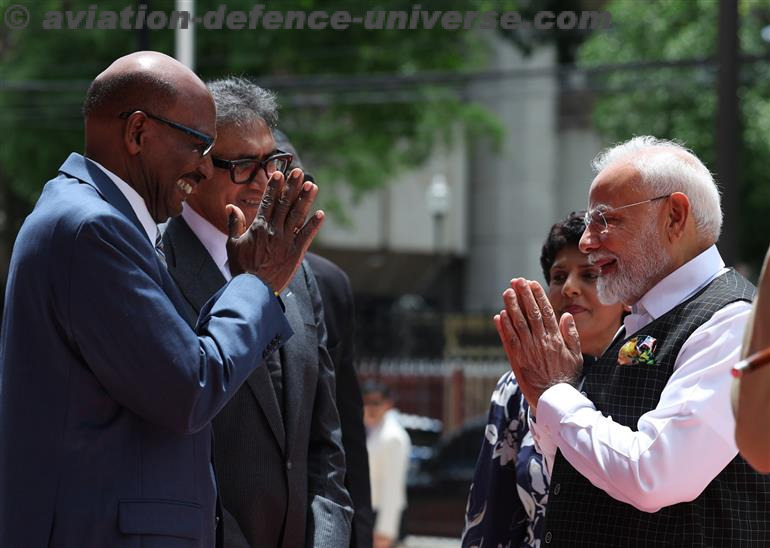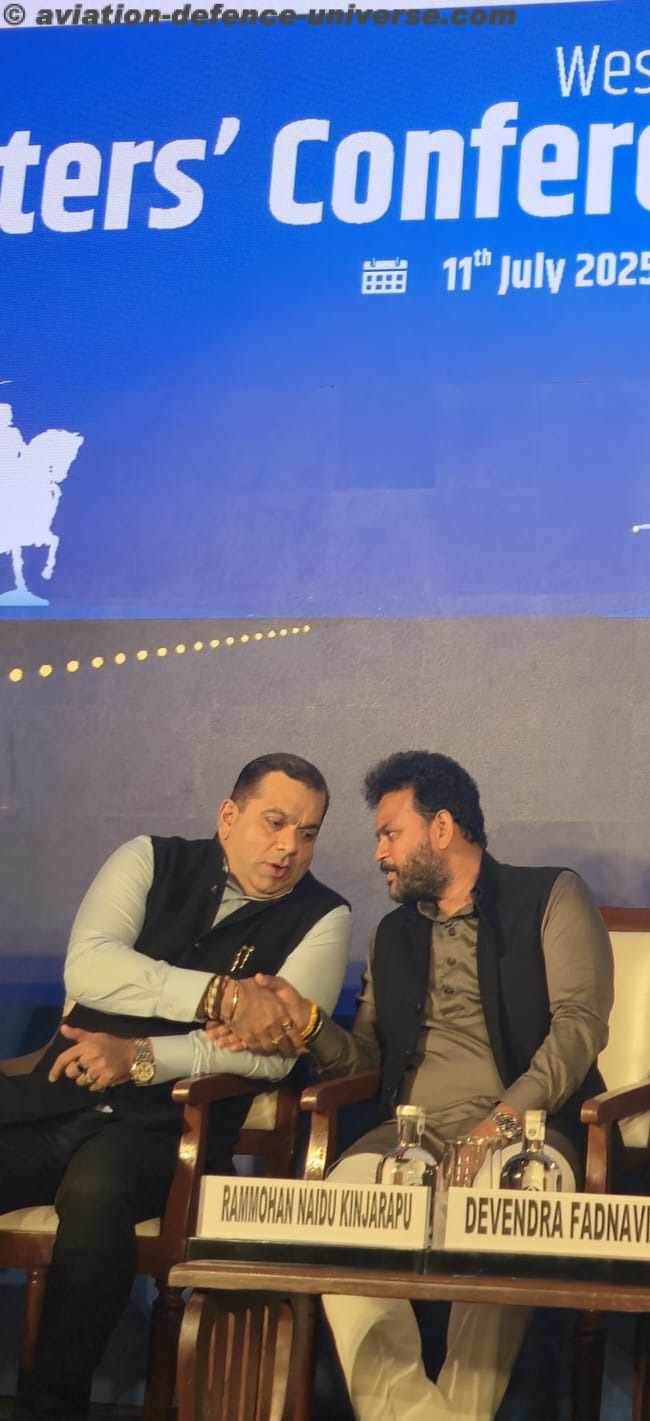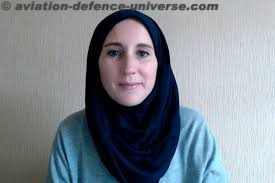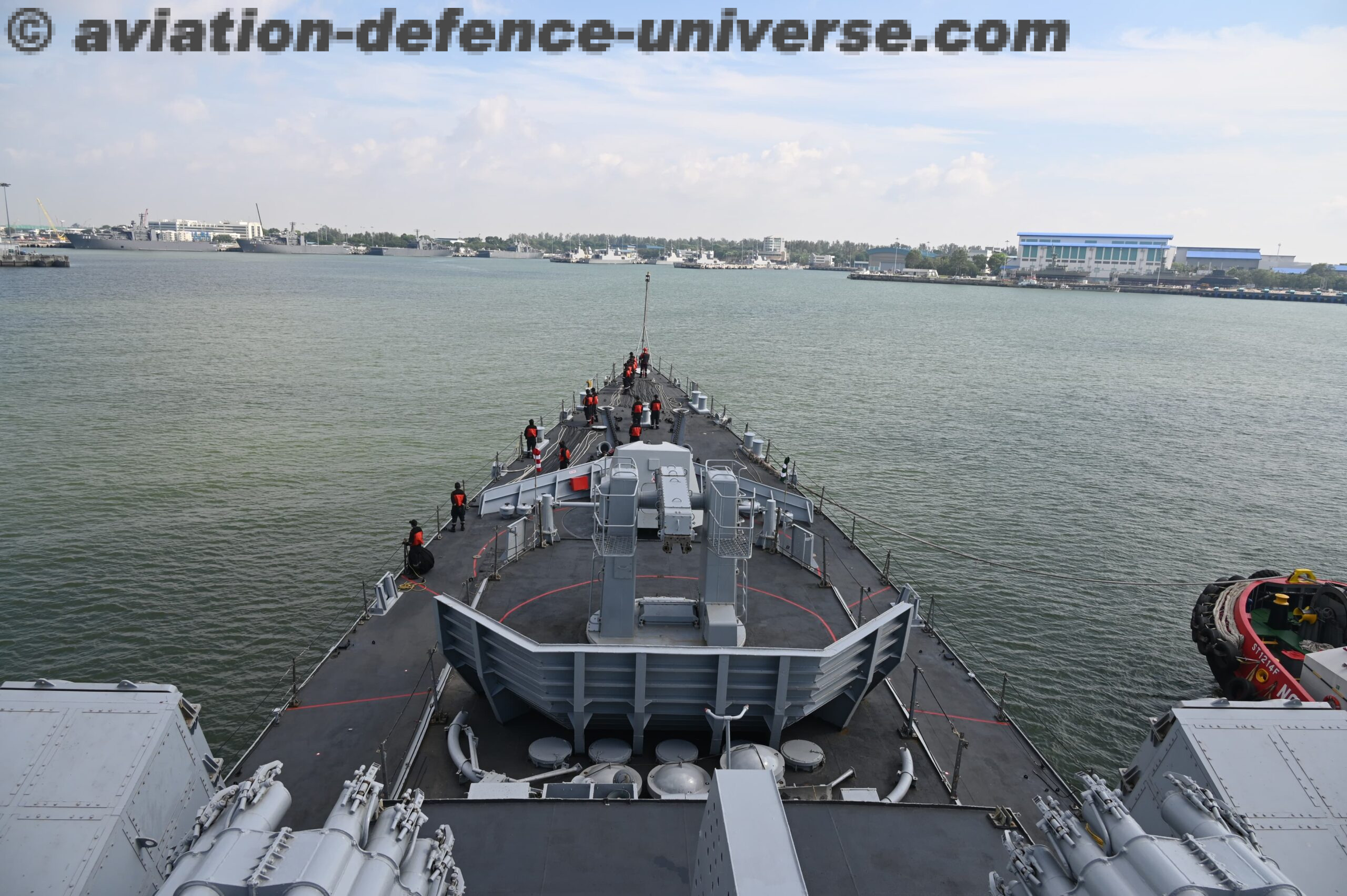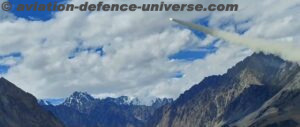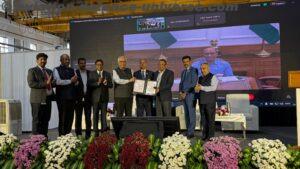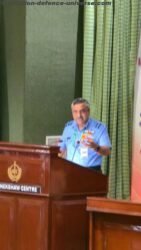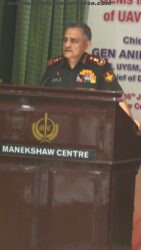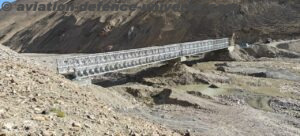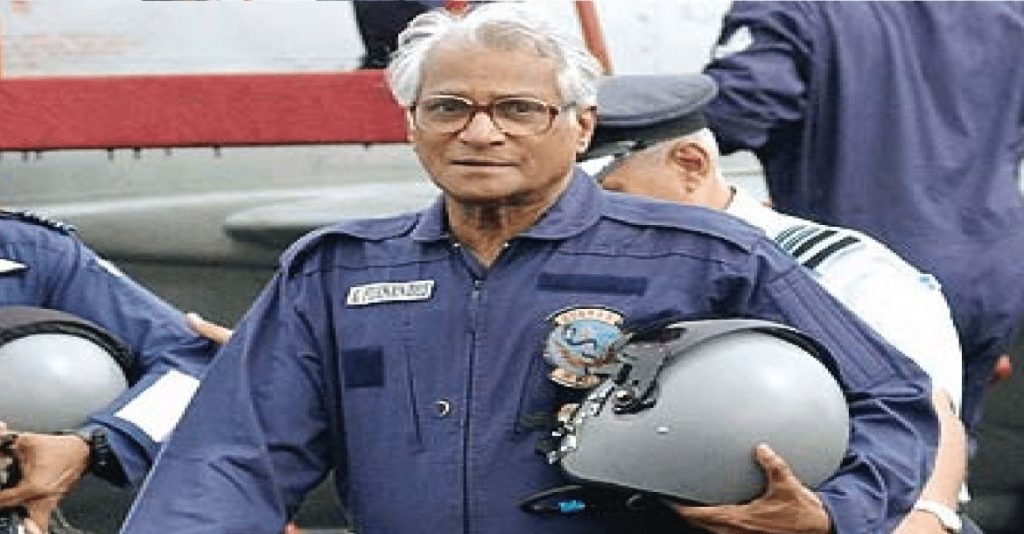
New Delhi. 29 December 2019. It was not the end of an era alone but the end of a leader who for a decade was inching towards the final destination oblivious to the politics of the nation he so much loved, personal feuds of the family with close associates playing tug of war over him and the changed socialist system of which he was once a trailblazer.
George Fernandes, who served as India’s former defence minister died today at 88 . A trade union leader Fernandes will be remembered for his intransigence against the Indira Gandhi emergency rule and rulings. For a generation which was adult then will remember him as the man who booted out Coca-Cola and IBM from the nation as the industry minister in the late 1970s in the Union Government headed by Morarji Desai, who became the first non-Congress Prime Minister of India. Insisting they implement FERA under which foreign investors could not own more than 40 per cent of the share capital in an Indian enterprise. The two multinationals decided to shut down their Indian operations, when Fernandes pressed ahead with rigid enforcement of FERA.
Fernandes served as the Defence Minister of India in both the second and third National Democratic Alliance governments (1998–2004). During his tenure as the defence minister, the Kargil war over Kashmir broke out between India and Pakistan in 1999. The war began when heavily armed Pakistan-backed intruders dug themselves in at heights of 16,000 feet (4,900 m) – 18,000 feet (5,500 m) on the Indian side of the Line of Control (LOC) along an 80 kilometres (50 mi) stretch north of Kargil. They began attacking the strategic highway linking Srinagar and Leh. As a result, the Indian army undertook the Operation Vijay to push back the Pakistani intruders and regain the occupied territories. The inability of the Indian intelligence and military agencies to detect the infiltration early received criticism, both by the opposition as well as the media. However, Fernandes has refused to acknowledge the failure of intelligence agencies in detecting infiltration along Kargil sector. It was not the end of an era alone but the end of a leader who for a decade was inching towards the final destination oblivious to the politics of the nation he so much loved, personal feuds of the family with close associates playing tug of war over him and the changed socialist system of which he was once a trailblazer.
In May 1998, India conducted five nuclear tests at the Pokharan range in Rajasthan. Earlier a staunch supporter of nuclear disarmament, Fernandes openly endorsed the NDA government’s decision to test the nuclear bombs. He was also involved in skirmishes with the then Chief of Naval Staff of the Indian Navy, Vishnu Bhagwat, over promotion of Vice-Admiral Harinder Singh as Deputy Chief of the Naval Staff. Bhagwat was subsequently sacked over the issue. After the Tehelka defence scandal broke out in March 2001, Fernandes quit as defence minister, but was reappointed to the post later. Fernandes is the only defence minister of a nuclear power who had a picture of Hiroshima bombing in his office. He made 18 visits to the icy heights of the 6,600 metres (4.1 mi) Siachen glacier in Kashmir, which holds the record of being “the world’s highest battlefield”. He was known for overseeing a huge increase in India’s defence budget as compared to the allocations made by previous governments.
His keen support to soldiers getting not only what they wanted but also what they must have made him a very popular Defence Minister. In times when soldiers at high altitudes including Siachen Glacier could not communicate with their families for weeks he ensured that the satellite phone booths were put up for them by the Telecommunications Department within a fortnight of becoming aware of this problem.
The laid-back bureaucracy which was taking years to complete procurement of snow scooters for the forces were virtually pushed into taking a decision when as Defence Minister he asked each bureaucrat to spend a week on official duty in Siachen. And no prizes for guessing that the Army got the snow scooters within a month.
Despite being a vocal campaigner against nuclear weapons, as Defence Minister who had the picture of Hiroshma bombing in his South Block office would always tell us journalists that I never want an Indian picture like this hence he put it as a daily reminder, he not only oversaw India’s nuclear tests in 1998 but vociferously justified them at all for a saying that they were necessary to ensure the country’s security.
As Defence Minister during the 1999 Kargil Conflict with Pakistan he visited the battle zone many times to motivate the soldiers and empathise with the local population which was suffering collateral damages.
The most appropriate description of Fernandes was the tweet Prime Minister Narendra Modi posted today , “George Sahab represented the best of India’s political leadership. Frank and fearless, forthright and farsighted, he made a valuable contribution to our country. He was among the most effective voices for the rights of the poor and marginalized. Saddened by his passing away.”
Born in Mangalore, Karnataka on 3rd June 1930 George was sent to sent to Bangalore to be trained as a priest at St Peter’s Seminary in Bangalore. In 1949 he left Bombay in search of a job and joined a socialist trade union. And since there there was no looking back for this firebrand leader. Controversy never left him alone. During the Emergency, as chairman of the Socialist Party of India, he faced prosecution for alleged conspiracy against the government of Prime Minister Indira Gandhi. He allegedly sought to obtain funding from the US Central Intelligence Agency and the French government to organise underground sabotage activities. US diplomatic cables said that after an initial request to seek funding from the French government was turned down, he was “prepared to accept money from the CIA”.
His name figured prominently in Operation West End, a sting operation in which journalist Mathew Samuel, armed with hidden cameras, from a controversial investigative journal, Tehelka, posing as representatives of a fictitious arms company, appeared to bribe the Bharatiya Janata Party President, Bangaru Laxman, a senior officer in the Indian Army and Jaya Jaitly, the General Secretary of the Samata Party and Fernandes’ companion post his separation from wife Leila Kabir.
The scandal caused uproar all over India and Fernandes was forced to resign from his post as a the Defence Minister. He was subsequently cleared by the one man commission headed by retired Justice Phukan. The Phukan Committee Report was rejected by the United Progressive Alliance (UPA) Government headed by the Congress Party and a new committee headed by Justice K Venkataswami was appointed. The Committee investigated the case in detail, but Justice Venkataswami resigned before submitting the report in the case.
On 10 October 2006, the Central Bureau of Investigation (CBI) registered a First information report (FIR) against Fernandes, his associate Jaya Jaitly, and former navy chief Admiral Sushil Kumar for alleged irregularities in purchasing the ₹7 billion (US$97 million) Barak 1 system from Israel in 2000. Fernandes, however, said that the scientific adviser to the Defence Minister in National Democratic Alliance (NDA) Government (1998–2004), who later became the President of India, A. P. J. Abdul Kalam, had cleared the missile deal.
He was accused in the 2002 coffin scam, following allegations that 500 poor quality aluminium caskets were bought from the United States at rates 13 times more than the actual price, to transport the bodies of slain soldiers, after the Kargil War. However, the CBI gave a clean sheet to Fernandes in the scam in its 2009 charge sheet. Interesting to note that this was the CBI under the UPA regime.
Always the one who called the spade a spade, following the Pokhran nuclear tests in 1998, he openly branded China as “India’s enemy number one”. He also criticised China for providing sophisticated weapons to Pakistan to help it stockpile. Many a times he pointed out the Chinese strongly for strengthening their military across the Himalayas in Tibet and insisted on India doing the same to protect its eastern borders.
For a man who was neither a paper tiger with rubber teeth nor a rebel without a cause, George Fernandes unfortunately spent the last ten years of his life dependent on others as he was overpowered by Alzheimer’s. He remembered no one nor any of the languages he had mastery over being a polyglot. Probably in death he got liberated from the chains he would have never liked had he been obvious to all that was happening around him.
India will always remember him as a leader of the masses leading from the front and as a politician who looked into the future, learnt from the past, and dealt with the present. And the Defence Forces as a Minister who always empathised with their needs and valued the soldier who fought to keep the nation safe. An era has definitely come to an end.











